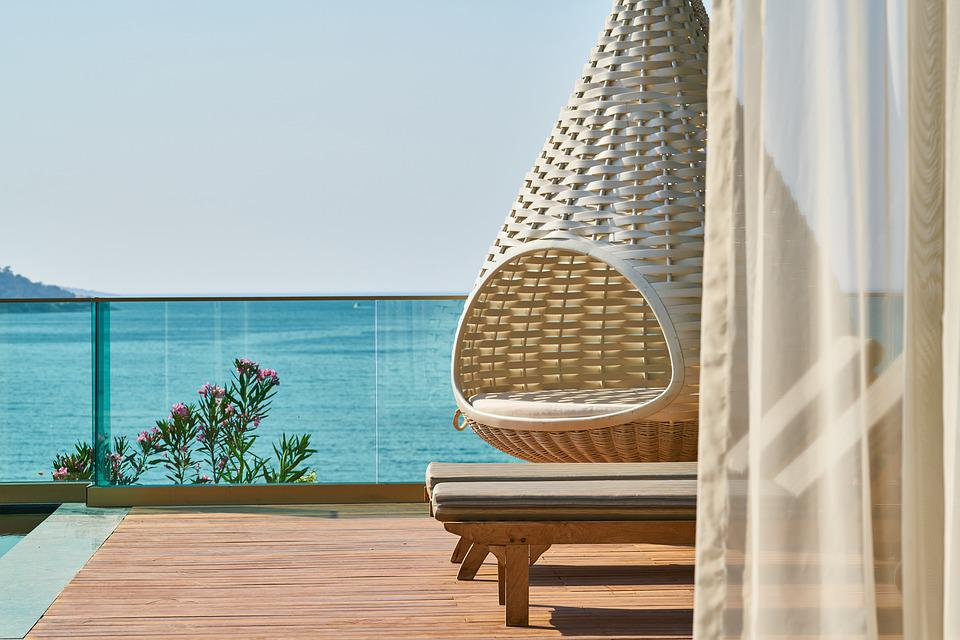As Marija Crnjak/Poslovni Dnevnik writes, the combination of ongoing inflation and increased demand for tourist trips have led to the significantly rising prices of hotel services at rates that often exceed inflationary rates, and Croatian hotel prices are only a small part of the global market which is recording growth in hotel accommodation by more than 50 percent, depending on the destination.
As such, the largest increase in hotel accommodation prices, compared to the last normal tourist year of pre-pandemic 2019, occurred in Rome, Berlin and Palma de Mallorca, according to an analysis by the British magazine Hotel News Resource, one of the 10 most influential global travel portals operating as part of the Nevistas group.
The analysis was made on the basis of their historical data on hotel accommodation prices across leading European cities, noting that demand in the short to medium term, despite the upward trend in inflation, will continue to grow until the end of the year. With high demand, prices will continue to creep upwards, but it’s uncertain what the price policy will bring next year.
Comparing average room rates from 2019 to 2022, the analysis shows that prices are currently significantly higher. Room prices in June rose by 51.4% in Rome, 50.2% in Berlin, 44.5% in Dublin, London had an average increase of 44.3%, Barcelona 29%, Amsterdam 12.1%, and Paris by 19.8 percent.
There’s been a similar trend in the leading European summer tourism destinations for June, where Palma de Mallorca (+40%) leads in terms of price increases when compared to June 2019, in Ibiza prices increased by 30 percent, in Aix en Provence by 21 percent, Montpellier is recording price growth of 14 percent, and Rhodes is up 13 percent. The last official figure for Croatian hotel prices with 12 percent growth refers to the month of May, while for June and the peak summer season in this sector, an average increase of between 30 and 50 percent is mentioned, also depending on the exact destination and the individual hotel.
The circumstances surrounding Croatian hotel prices increasing are far from simple, although they might look it at first glance. External factors, economies quickly opening up after coronavirus crisis and the Russian invasion of Ukraine, have all put a lot of pressure on supply chains. As a result, there has been a dramatic increase in energy and food costs for hotel companies as well. Croatian hoteliers within in the umbrella organisation of the Croatian Tourism Association calculated that the increase in the price of electricity alone would eat up the entire last year’s profit of the sector of 1 billion kuna.
Therefore, without raising prices and revenue per available room (RevPar), hotel profit margins would inevitably fall significantly, and for most, they’d fall to unsustainable levels, analysts of Hotel News Resource magazine conclude, which is fully in line with the rhetoric of Croatian hotel operators and owners.
It’s also very important to note that labour costs for hoteliers have risen significantly all over the world, especially in the USA and here in Europe. There are significantly more vacancies than there are qualified people who can fill them, which means that hoteliers have had to offer higher wages and other benefits. This further increases business costs – HUT recently revealed that compared to 2019, labour costs increased by another 10.1 percent, and thus exceeded the share of 30 percent in total company revenues, which has never happened in Croatian history so far.
For more on Croatian hotel prices, make sure to check out our dedicated business section.










